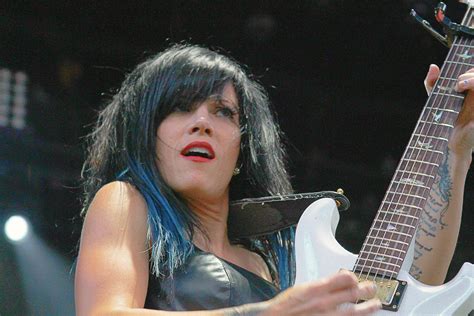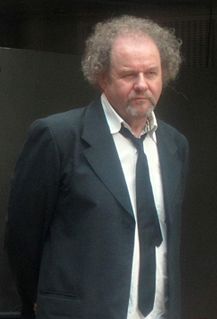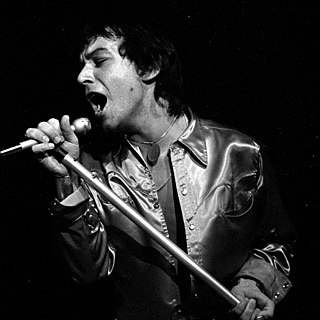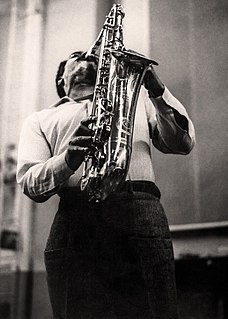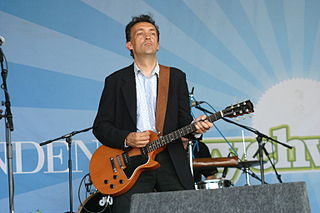A Quote by Heather Mac Donald
Western classical music had long known syncopation. But no one had felt compelled to snap his fingers to music before American jazz and musical theater, which sent a previously undiscovered current coursing through the body, demanding outlet.
Related Quotes
Jazz is the music of the body. The breath comes through brass. It is the body's breath, and the strings' wails and moans are echoes of the body's music. It is the body's vibrations which ripple from the fingers. And the mystery of the withheld theme, known to jazz musicians alone, is like the mystery of our secret life. We give to others only peripheral improvisations.
Shook is the musical universe I created. I come from a classical and jazz background and my father is a jazz pianist, so my world bears largely the marks of this influence. As a sort of gateway, I started composing my own music on the computer at the age of 13. Before Shook, I had not yet discovered the kind of music I wanted to dedicate myself to, so I did a little of everything.
There are many reasons, of course, why someone might snap their fingers and grin. If you heard some pleasing music, for instance, you might snap your fingers and grin to demonstrate that the music had charms that could soothe your savage breast. If you were employed as a spy, you might snap your fingers and grin in order to deliver a message in secret snapping-and-grinning code.
I grew up in a home filled with music and had an early appreciation of jazz since my dad was a jazz musician. Beginning at around age three I started singing with his band and jazz music has continued to be one of my three passions along with acting and writing. I like to say jazz music is my musical equivalent of comfort food. It's always where I go back to when I want to feel grounded.
When I started music, I started out in Puerto Rico with classical music. But what really made me want to be a musician was jazz, and because I didn't grow up with jazz, I had to learn it from a very basic level. I had to go into the history and learn everything about the development of the music, all the players and all that stuff.
I only knew classical music, which to me was the only true music. The only way I could survive at the bar was to mix the classical music with popular songs, and that meant I had to sing. What happened was that I discovered I had a voice plus the talent to mix classical music together with more popular songs, which at the time I detested.
I have a piano in my living room that I mess around on a little bit and when I asked Len if I could find a piece of music, I went through a **** load of classical music to find something that I felt had a certain urgency to it, but also with a hint of melancholia and maybe a sense of longing. I found that which is public domain and I had a piano teacher to go through it with me.
Bill Monroe spoke of bringing 'ancient tones' into his music with echoes of British and Irish fiddle and bagpipe music, while also delving deeply into American blues, gospel, folk hymnody, and hill country dance music. To that gumbo, he added the invigorating rhythms and harmonies of hot jazz. It was a new kind of American music, named in honor of his band The Blue Grass Boys to be known, simply, as bluegrass.
I never liked jazz music because jazz music doesn't resolve. But I was outside the Bagdad Theater in Portland one night when I saw a man playing the saxophone. I stood there for fifteen minutes, and he never opened his eyes. After that I liked jazz music. Sometimes you have to watch somebody love something before you can love it yourself. It is as if they are showing you the way. I used to not like God because God didn't resolve. But that was before any of this happened.
For me, let's keep jazz as folk music. Let's not make jazz classical music. Let's keep it as street music, as people's everyday-life music. Let's see jazz musicians continue to use the materials, the tools, the spirit of the actual time that they're living in, as what they build their lives as musicians around.


